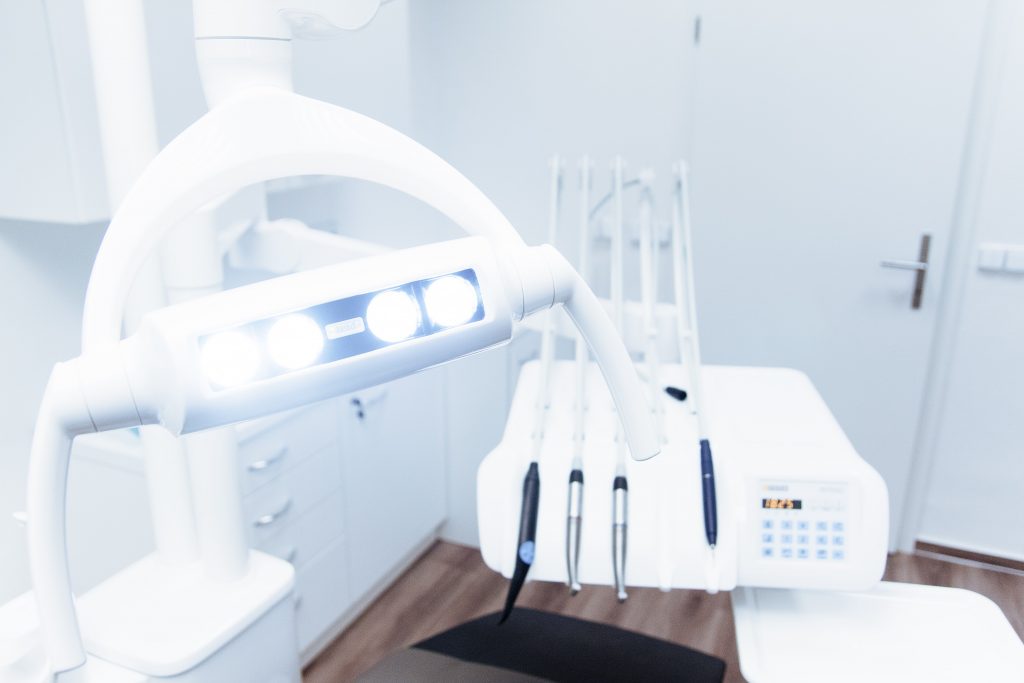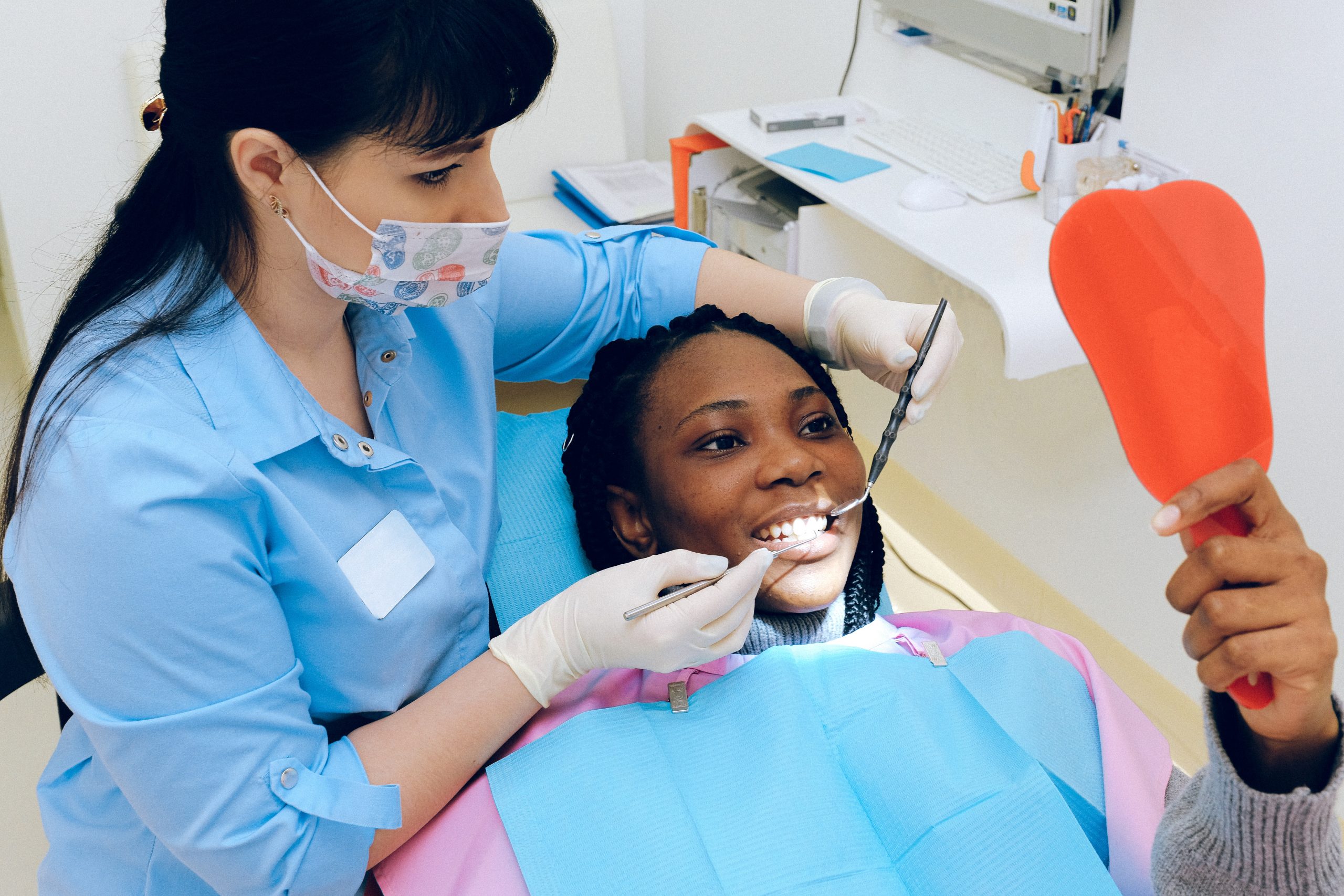Tooth decay is a battery disease that belongs to the group of infectious diseases. It is very easily transmitted between people, but cases of disease among animals are also increasingly visible. Fortunately, it can be effectively prevented, and when it is too late for prophylaxis alone – completely cured. Caries is the result of poor oral hygiene, including improper tooth brushing. Unfortunately, the statistics are terrifying. It is believed that only half of Poles brush their teeth regularly, every morning and evening.
Caries affects as much as 85% of children. The advanced disease can be noticed in one-year-old children, and every second teenager loses permanent teeth due to caries. Disregarding oral hygiene results in chronic tooth decay and serious diseases of the oral cavity.

They also contribute to the development of diseases such as endocarditis, glomerulonephritis, exacerbation of inflammatory bowel disease, infertility or difficulty in conceiving. Bacteria and toxins enter the bloodstream and infect other internal organs. That is why prophylaxis and proper oral hygiene care are very important.
Is tooth decay contagious?
Contrary to appearances, tooth decay is an infectious disease and it is very easy to get infected with it. Already newborns are at risk of caries. If parents check the temperature of the food using a spoon or baby bottle, they transfer the bacteria from their mouth to the baby’s mouth. It is worth remembering to check the food with your cutlery, and pour the milk into a clean glass to prevent the baby from becoming infected.
Frequent practices for newborns also include licking the teat to remove dirt and kissing the baby on the mouth. In both cases, we expose the child to contact with very serious bacteria that cause, among others, tooth decay and diseases of the oral cavity.
Also in childhood and adults, you can become infected with caries. The joint use of cutlery, dishes, a toothbrush or rinsing the teeth with the same cup can cause infection. Passionate kisses with a loved one who do not necessarily care for oral hygiene can also have very serious health consequences. Therefore, you should take proper precautions and take regular oral hygiene to avoid contamination.
Eating sweets causes tooth decay
Very often between meals we eat candies, dragging bars, drink sweetened coffee, tea, providing bacteria with simple sugars. By breaking down sugar, bacteria cause the formation of acids. They are mainly organic (acetic, lactic, propionic, formic, butyric acid) and significantly lower the natural pH in the oral cavity.
According to research, just 10 minutes after the bacteria are supplied with sugars, the pH drops to almost 5. Under these conditions, demineralization occurs, the enamel loses calcium, and as a result it becomes porous.
Enamel porosity can be seen as a dull white stain on the tooth that may darken over time from the food pigments. Fortunately, such changes are reversible, but we need to get rid of bad habits. Otherwise, bacteria will begin to penetrate the porosity, causing severe toothache and consequently its death.
A dead tooth must be treated with a root canal, which is associated with enormous costs, unpleasant pain and antibiotics. And all this so that the raging purulent condition does not completely destroy the bones. This action is to preserve the tooth in our mouth. Each loss of teeth causes overloading of other teeth, leading to their loss, because under the influence of increased load, they can start to break and crumble. Missing teeth can change the shape of the face and cause wrinkles to form faster.
How to cure caries?
One of the basic methods of caries treatment is remineralization, or fluoridation . This is how the so-called initial caries is treated. We provide our body with all the minerals it has lost. It does not require drilling in the teeth, but the procedure should be repeated several times. Treatment of advanced caries involves, first of all, filling.
It works well when the dentin (less resistant to caries than enamel) is damaged and soft. Then, the entire infected caries should be removed with a traditional drill, less often with a laser or a gel that dissolves the lesions, and rebuilt with a dental material, commonly known as filling. To avoid tooth decay, follow the basic rules of oral hygiene.
How to take care of oral hygiene to avoid cavities?
- brush your teeth at least twice a day about 20-30 minutes after eating, brushing them thoroughly for about 2 minutes
- rinse your mouth with a special liquid after brushing your teeth
- floss the interdental spaces after each meal
- limit the amount of sugar, eat protein products and remember to supplement with vitamins A, C, D, calcium and fluoride
- remove tartar at least once a year
- have a checkup at the dentist at least once a year

